The world is not a fair place. Not for women, and not for marginalised populations spread across the world—of which women do form the largest chunk. Without access to justice, these women cannot hope to have any access to their rights—whether it’s their right to education, equality in the eyes of the law, dignity or jobs—let alone any access to equality. According to UN Women, women’s access to justice can indeed be implemented by enforcing their rights under national and international laws.
However, policies and legislations are not enough on their own. UN Women also notes that without transformational changes that cut across all sections of society and the world, and reach every woman out there, laws stating women have certain rights are useless because no one would implement them. Systemic changes, therefore, must go hand-in-hand with social and cultural changes, and must engage entire communities to make any remarkable change.
Who will drive this change? Every single individual can, of course. Anybody can be a true ally and have the backs of women if only they have the right awareness, humility and a dedicated passion towards equality for all. If you’re an Indian or based out of India, you can reach out to many groups of women who deserve your support in their fight for justice. Here are a few groups or communities of women who need your support.
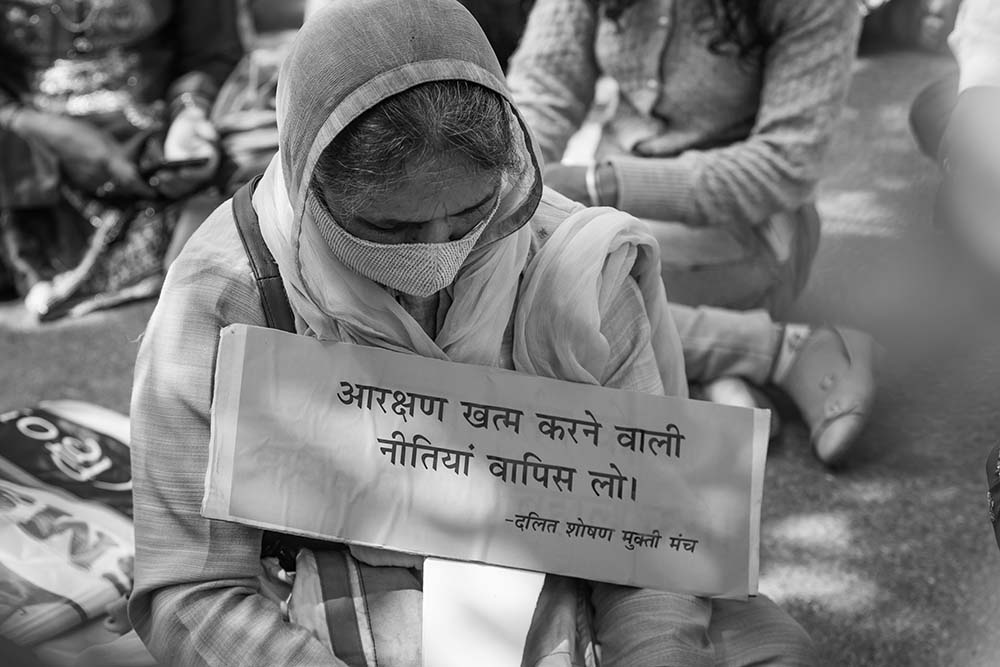
Dalit Women
The International Dalit Solidarity Network, a non-profit organisation, explains that Dalit women are trapped in patriarchal societies where they regularly face exclusion and discrimination. In fact, because they are both Dalit and women, they face a double marginalisation. This majorly impedes Dalit women’s access to everything from education, healthcare and economic opportunities to dignity and personal safety. In fact, the IDSN notes that Dalit women often become targets of sexual abuse and violence by upper castes, but receive very little justice when reporting these crimes. They support this analysis by pointing out that the conviction rate for rapes against Dalit women in India is under two per cent, compared to the overall rape conviction rate of 25 per cent against all women.
This, and every other major discrimination Dalit women face, makes this group of women one of the most in need of your support. Even as Dalit women’s movements are getting stronger, thanks to all the work done by Dalit activists, the need for more support from across castes, classes and races around the world is critical. That’s where you need to step in.
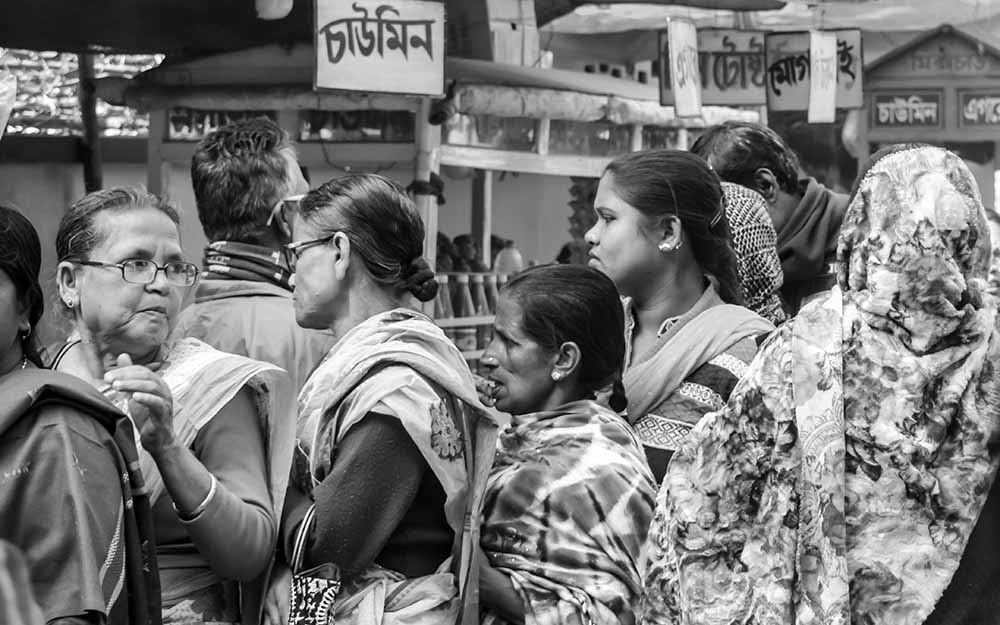
Tribal/Indigenous Women
Just like Dalit women, Indian women belonging to the Scheduled Tribes face the double marginalisation of being women and belonging to tribes that are increasingly facing trespasses. The sexual violence faced by tribal women has continued throughout the 19th century, when the British started annexing tribal lands to build the railways, and beyond it. But in the case of tribal women, the injustices and discriminations go well beyond sexual ones. India’s Scheduled Tribes have been fighting for their very basic rights to “Jal, jungle, jameen” (water, forest areas, and land) which have been snatched from them by generations of rulers.
Tribal women are a critical part of this fight, not just as people who have had inalienable rights to the forests and lands their sustainable cultures depend on, but also as farmers. In fact, as sustainable farmers who respect Mother Earth, the need to support tribal women is even more urgent today. Their eco-friendly methods are the ones that humankind needs to learn today to survive well in the future.
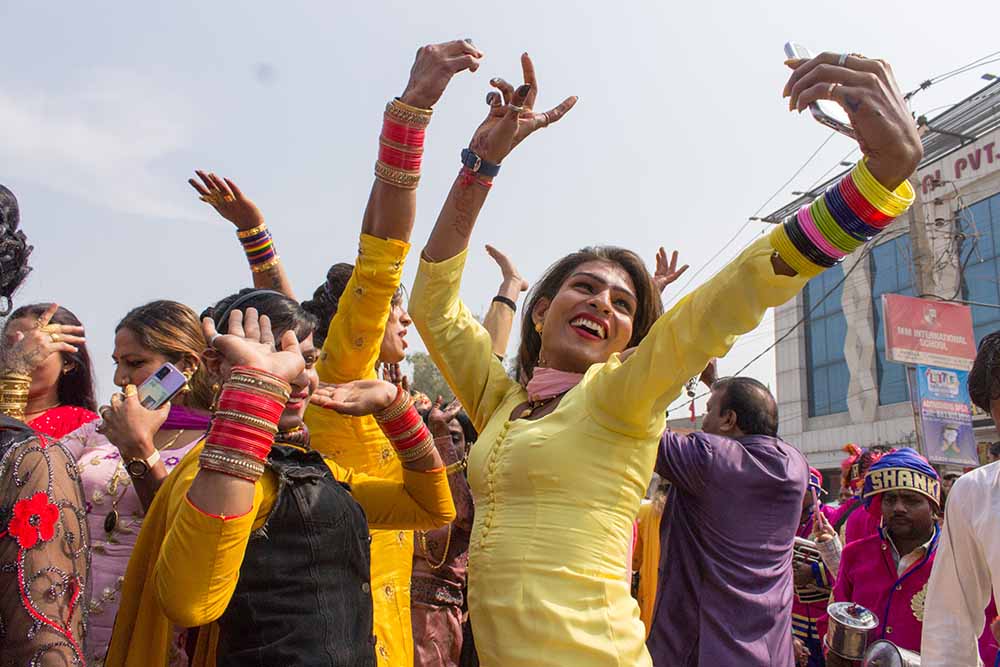
Transwomen
Unlike other categories of women on this list, transwomen face violations unlike any other. Transgender people have lived in India for centuries, but until the Supreme Court’s landmark verdict on the National Legal Services Authority (NALSA) versus Union of India case in 2014, they were not even legally recognised as equal in the eyes of the law or holding the same rights as every citizen. The stigma attached to transgender persons is so deep-rooted in our society that transwomen are not even given the dignity of using women’s bathrooms in most places, let alone access to any transportation or job reservations for women. The sexual exploitation and violence these women experience are even more traumatic than anybody can imagine. To learn more about transgender people and how to help them, read our article on transgender rights in India.
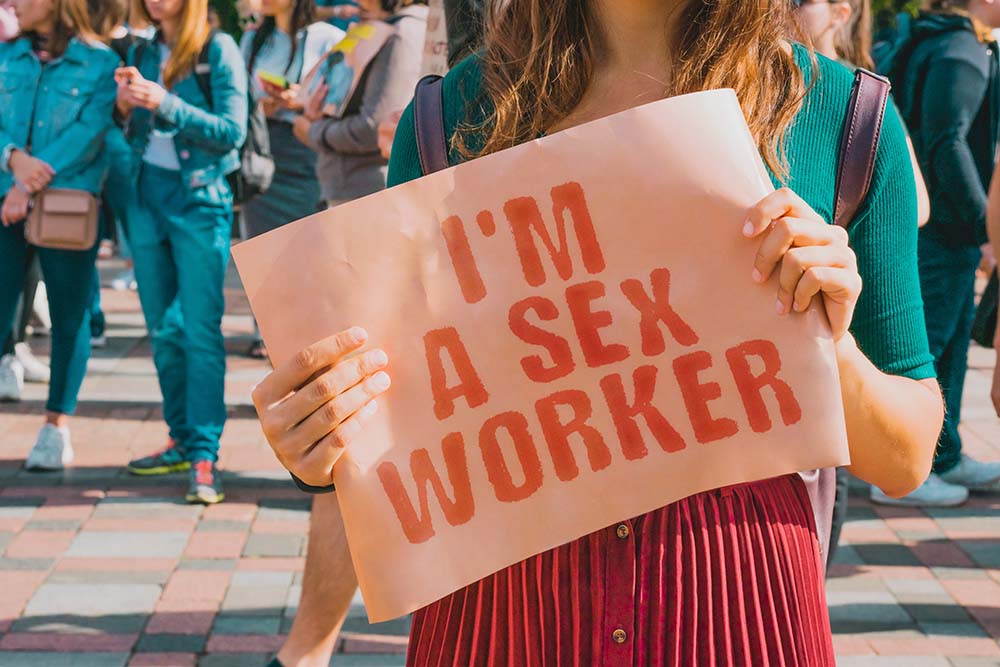
Sex Workers
Sex workers can be of any gender, but they are predominantly women and children from around the world. There is definitely an exploitation angle to sex work globally, whether it’s financial or sexual. Sex workers are indeed discriminated against. But what makes their condition in India especially worse is the fact that they are criminalised in India. Without any legal right to citizenship or identity cards proving who they are, sex workers cannot access basic amenities, forget about an education or job opportunities or access to legal recourses. The violations sex workers face today are so many, that it will take dedicated work on the systemic legal, policy and political fronts just as much as on the socio-cultural and economic fronts. To learn more, read our article on sex workers’ rights in India.
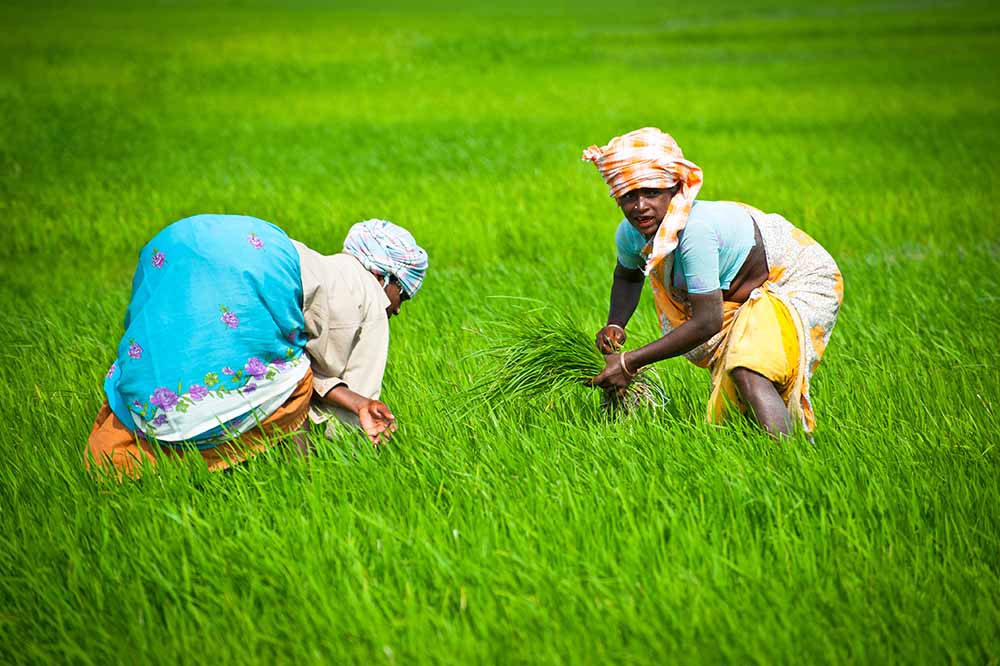
Women Farmers
Oxfam says that nearly 75 per cent of full-time farmers in India are women. These women farmers, Oxfam says, produce something around 60 to 80 per cent of India’s food. For a group of people who are providing almost all the food that reaches your table, women farmers are not even recognised by most as the people we need to thank every day. With more and more men moving to cities for jobs, the number of women farmers in India is increasing. Left behind, and that too with very little resources, women farmers are suffering in poverty. They also have very limited access to education, business expansion opportunities, childcare and healthcare. What’s more, women farmers also have very little access to good nutrition—which is something they absolutely need to thrive. To learn more about how to help the women farmers of India, watch this interview with Dr V Rukmini Rao.
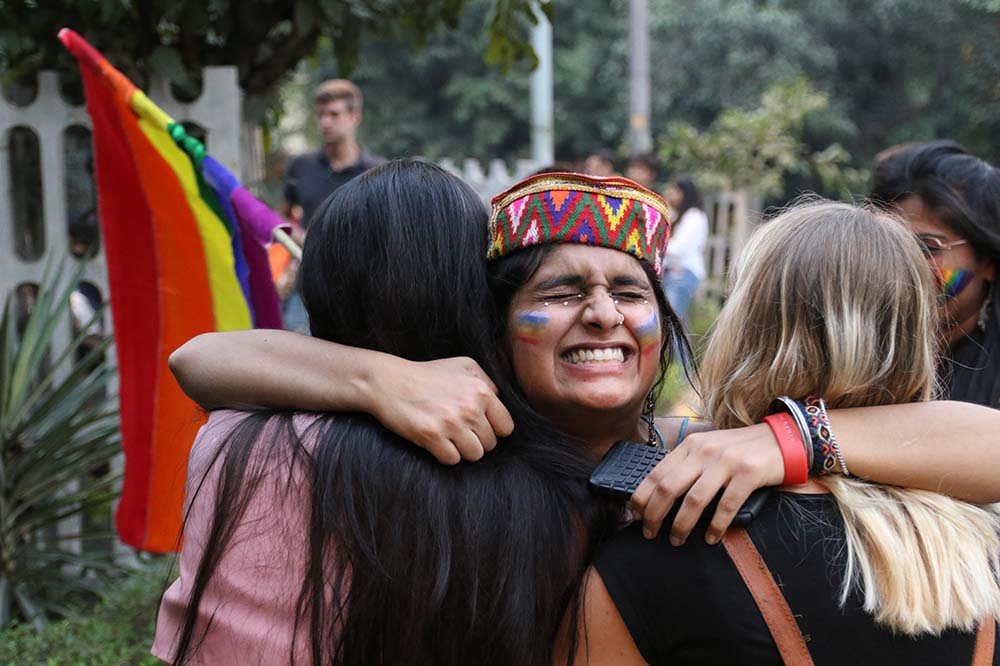
LGBTQIA+ women
Whether they are lesbian, bisexual, asexual, trans or gender-queer—or transitioning from one identity to the other, as is her right to—LGBTQIA+ women in India have faced violence and discrimination very few can even imagine. According to a 2003 study published by the Research Centre on Violence Against Women, Tata Institute of Social Sciences (TISS), LGBTQIA+ women face immense varieties of harassment on the individual level on the basis of their sexual orientation. This can range from pressure from the family to get into a heterosexual relationship or marriage, institutional repression, discrimination at workplaces and social events, as well as mental health issues like gender dysphoria, depression and anxiety. There are indeed plenty of groups across India that are working to provide better support to LGBTQIA+ women. You could definitely lend a hand by joining, volunteering for or supporting any of these groups. To know more, read our article on LGBTQIA+ rights.
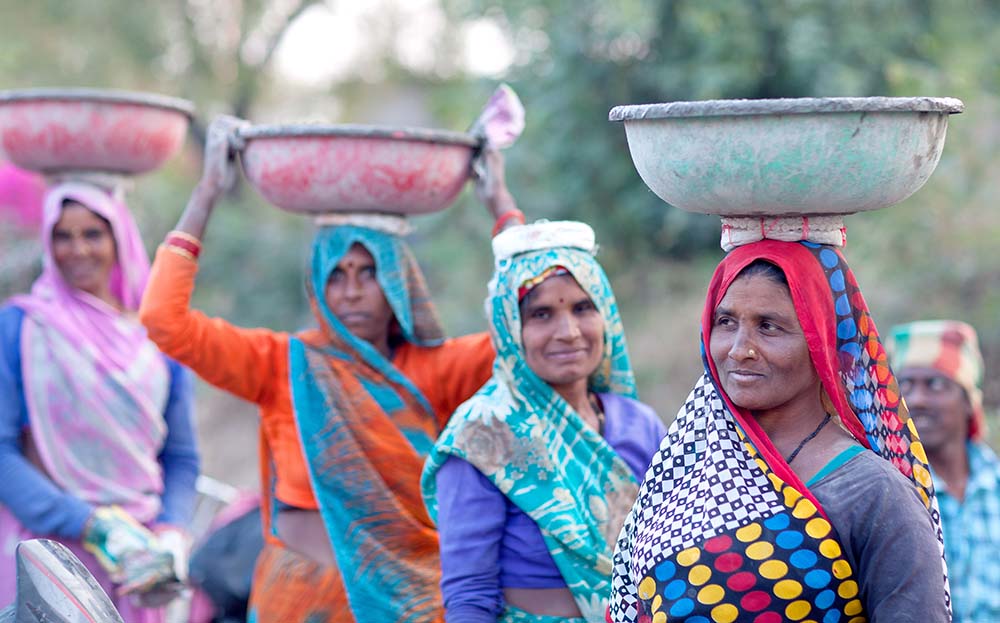
Women In The Informal Economy
There are around 9.6 crore women working in India’s informal economy according to the Women in the Informal Economy report of 2021. The informal economy employs almost 90 per cent of the country’s labour force. This means that these 9.6 crore women are extremely disadvantaged because of their gender and place in the economy. The study notes that most women employed in this sector are basically doing it out of compulsion, not choice. The compulsion is to meet their short-term basic needs, but without any access to education, capital or any other amenities, their compulsion turns from short to long-term. This means seasonal employment, frequent migration and all the economic, mental, socio-cultural and health issues it can lead to. Transitioning these women into the organised sector through training, upskilling, education and awareness is something you can lend a hand in.
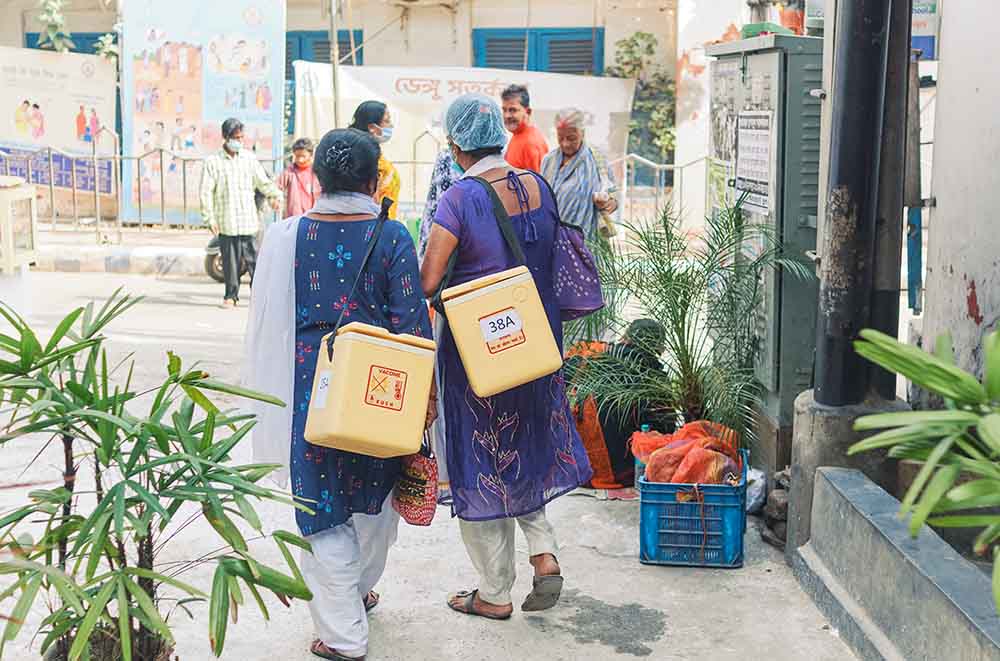
Women Health Workers
According to a 2021 study published in the British Medical Journal, there are over a million women healthcare workers all over India. Apart from nurses, this group consists of accredited social health activists, also known as ASHA workers. While these women have been appointed since 2016 to fill in the gaps in India’s healthcare system, they remain underpaid, without resources and constantly facing challenges at the grassroots levels. The COVID-19 pandemic has proved beyond a doubt that our healthcare system needs constant and dedicated attention. Within this system, the ASHA workers need to be supported the most.